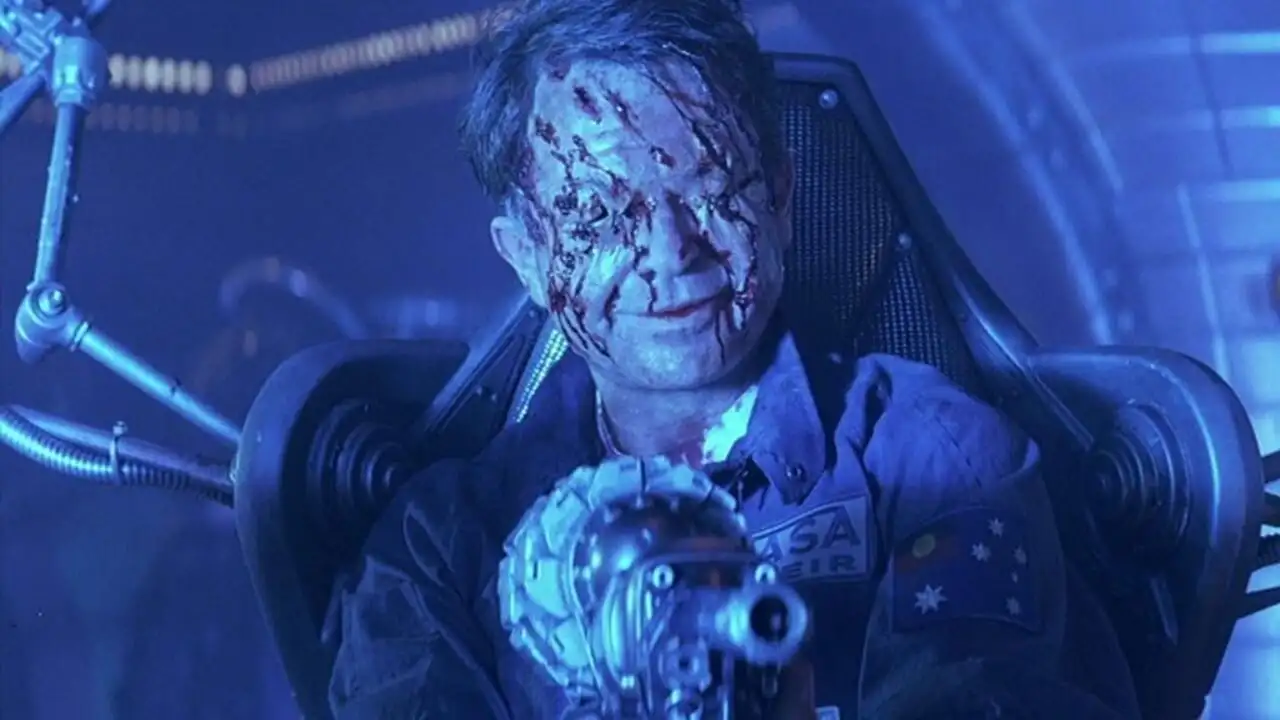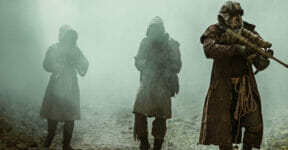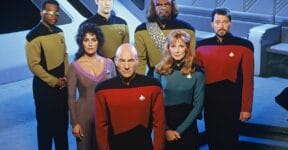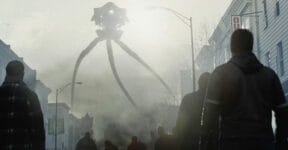The 1990s was a time when science fiction got really scary with all the space exploration, robotic technology, DNA experiments gone wrong, and the threat of ecological disasters. Unsurprisingly, the decade gave birth to some of the most influential (although not always successful) and sci-fi horror films ever. In case you need a reminder of how great the decade was, spare some time next weekend to revisit the following sci-fi horror films of the 90s.
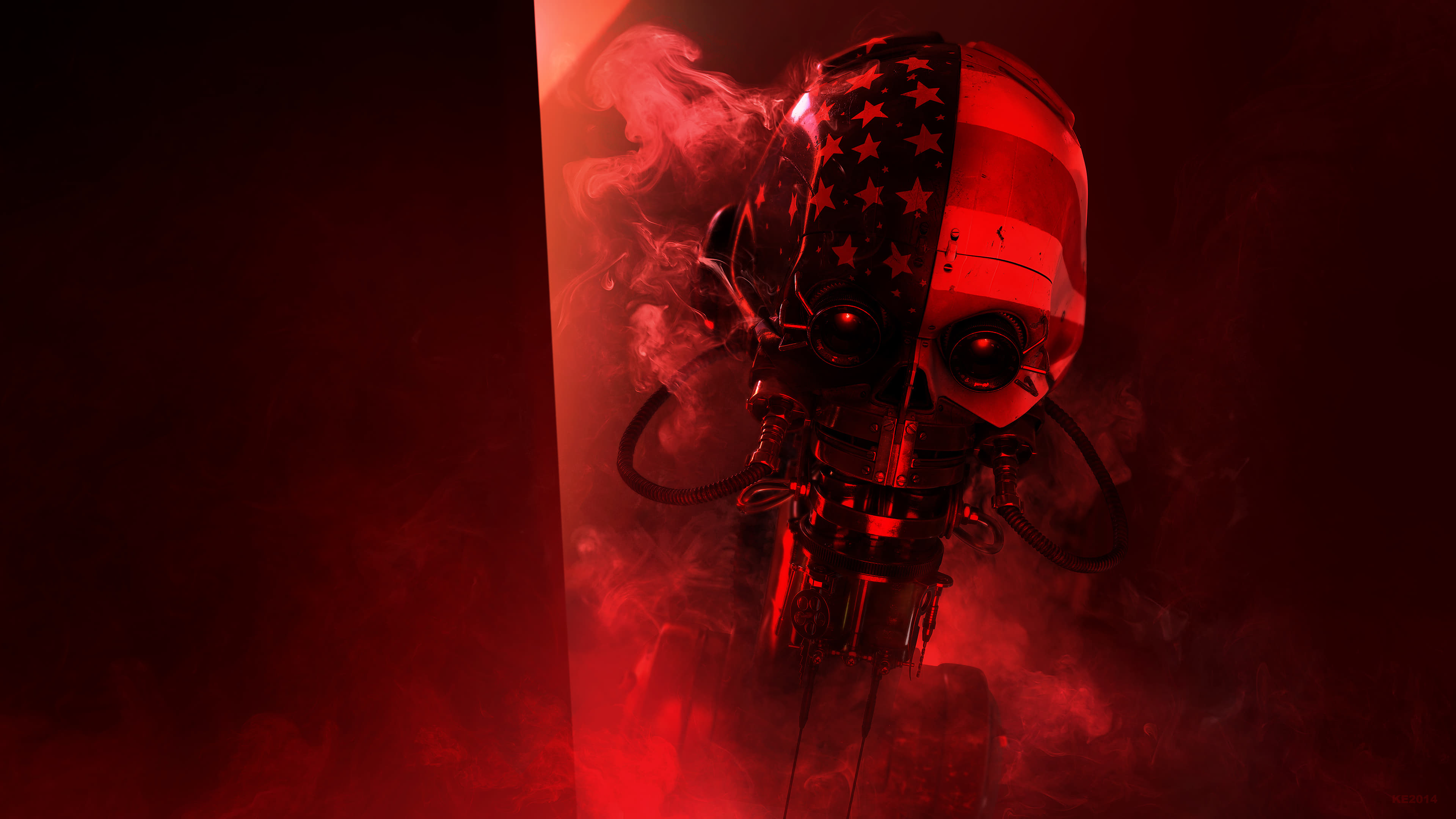
Species (1995)
Let’s begin the list with a film everybody can remember: Species (1995), starring Ben Kingsley, Natasha Henstridge, Michael Madsen, Forest Whitaker, and Marg Helgenberger. The premise is simple here – a radio picks up signals from the outer space, containing information about a formula for alien DNA. When decoded, the formula should allow humans to fabricate an extraterrestrial life form on Earth. The experiment turns out to be a great success. In fact, the alien takes the form of a beautiful woman, escapes the research facility, and threatens to end humanity once and for all. The film has a lot of chasing actions, biological horrors, and pseudoscience; just about everything you could ever want from a sci-fi horror of the 90s.
Body Snatchers (1993)
Jack Finney published “The Body Snatchers” in 1955. His ideas and vision of extraterrestrial life-form have been put to the big screen three times. The first and second adaptations shared the same title “Invasion of the Body Snatchers” released in 1956 and 1978. The former was pretty much social commentary on McCarthyism, whereas the second talked more about the dawn of the Me Generation. The third adaptation came out in 1993 simply as “Body Snatchers,” directed by Abel Ferrara. The film is set in an Army base in Alabama, where aliens unload pods of plant-like species capable of sucking the souls – but apparently not the emotions – out of living human bodies and create a perfect copy.
Event Horizon (1997)
Here is the simple premise of Event Horizon: in 2040, a research vessel called “Event Horizon” went missing during its maiden voyage to Proxima Centauri. Seven years later, the vessel reappears near Neptune. A rescue mission is dispatched to check it out, only to discover that there’s no human aboard the vessel. But somebody (or something) must be there because the ship has been sending a series of distress signals. Event Horizon was initially loathed by critics and moviegoers alike, but it gained a powerful presence in the sci-fi horror realm following re-evaluation by popular media like IGN, Rotten Tomatoes, Total Film, and even Forbes.
Hardware (1990)
In its simplest form, Hardware is a post-apocalyptic dystopia to tell the story of a former soldier turned scavenger who gives his girlfriend a robotic skull for an art project. It turns out that the skull is the worst gift ever received in the history of humanity. While post-apocalyptic always screams sci-fi, Hardware is admittedly not a horror film. That being said, it’s scary in its own weird way. The casual audience might simply set the film aside, and you can’t even blame them for thinking that Hardware is a poorly executed futuristic imagery. Hardware is not a masterpiece by any stretch of the imagination, but it remains an excellent specimen of low-budget filmmaking where the exaggerated bleakness soars far above your typical techno-thriller flick.
Cube (1997)
The biggest selling point of Cube lies in its simplicity. A group of six people with completely different backgrounds find themselves in a maze of cubes. Each side of the cube, including the floor and ceiling, has a door on it. Some cubes are perfectly safe, while others are booby-trapped like nothing else. And the goal is also simple; everyone brings unique talent to the party, and they must work together to find any workaround to escape the maze. Cube looks and feels low-budget, but it carries more than enough clear directions to make the film much more enjoyable than you think. It’s a smart sci-fi horror with memorable settings and chilling mood, despite the rather thin characterizations and the lack of explanations.
Arachnophobia (1990)
One of the most criminally underrated sci-fi horrors of all time, Arachnophobia is set in a sleepy Californian town where people are dropping like flies because of an influx of poisonous spiders. Dr. Ross Jennings, a self-confessed arachnophobe and the new guy in town, has to confront his fears to prevent an ecological disaster. It’s a good thing that he gets help from a local exterminator. Yes, it all sounds like the most generic formula for sci-fi horror, but Arachnophobia tackles all its shortcomings by delivering some genuine family-friendly scares alongside good laughs throughout its duration.
We think the 1990s did deliver some of the most memorable nightmare-inducing sci-fi horror movies ever. A lot of genuinely inventive films from the decade ended up being overlooked and grossly underappreciated at the time of the release, only to enjoy a bit of a revival through late-night broadcast and VHS. Despite all their visual effect imperfections – at least when compared to modern productions – sci-fi horror movies from the 90s still deserve a lot of credit today for their creative take on the mixed genre and their ability to wrap all the elements together so well, for a complete package of curious, exciting terrors.
Do you think sci-fi horror movies from the 1900s still hold up well today? Which adaptation of Jack Finney’s “The Body Snatchers” you like best? We’d love to hear from you.
Other Things You Might Want to Know
Some underrated sci-fi horror films you should watch at least once:
Vivarium (2019)
- Splice (2009)
- Pontypool (2008)
- Underwater (2020)
- Circle (2015)
- Psycho Goreman (2020)
- Slither (2006)
- Oxygen (2021)
- Possessor (2020)
- Beyond the Black Rainbow (2010)
- The Cell (2000)
If you’re into gaming, here are some of the best sci-fi horror games available today:
Dead Space
- Alien: Isolation
- System Shock 2
- Returnal
- SOMA
- S.T.A.L.K.E.R.: Shadow of Chernobyl
- Iron Lung
- We Went Back
- GTFO
- Echo Night: Beyond
Are vampires supernatural or sci-fi?
They can be both, depending on how the story is framed. Vampires were traditionally supernatural, and that “vampirism” happened when an already established vampire infected an otherwise healthy person. There was no scientific explanation of any sort to explain the origin of the first vampire. But it wasn’t always like that. Take Richard Matheson’s “I Am Legend” for example; the novel painted a picture where vampirism happened because humans had been infected by a virus.
Check out other articles by month:

